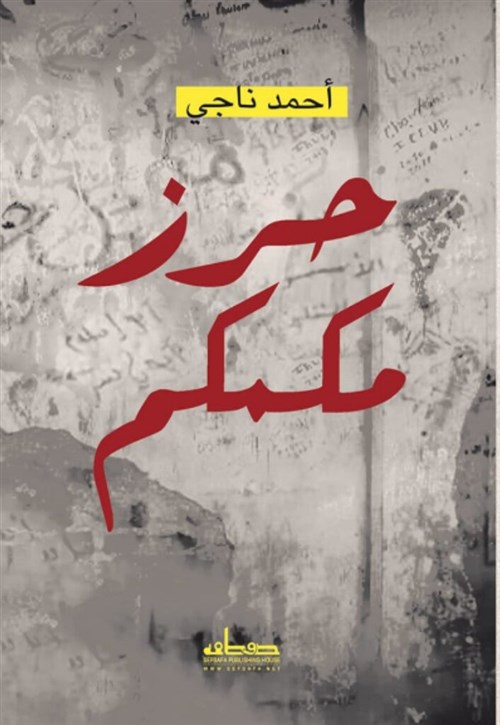In early 2016, Ahmed Naji was sentenced to two years in prison for offending public morality when his novel Using Life, a cynical fortysomething’s rock’n’roll romp through a dystopian future Cairo, was excerpted in an Egyptian literary weekly. Although his case received widespread attention—and the support of writers from Philip Roth and Chimamanda Ngozi Adichie to Margaret Atwood and Orhan Pamuk—Ahmed served ten months in prison before he was finally released. Rotten Evidence is Ahmed’s account of those ten months. The result is an unexpectedly humble, irreverent account of how, while serving a prison sentence for bringing literature into disrepute, Ahmed finally came to think of himself as a writer. Yasmine Seale writes for Harper’s that “in a culture beset with political gloom, [Naji’s work] agitates for the freedom to be unserious.”
Approximate number of pages: 265 p.
Foreign rights: contact the author‘s agent
